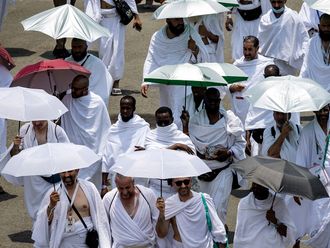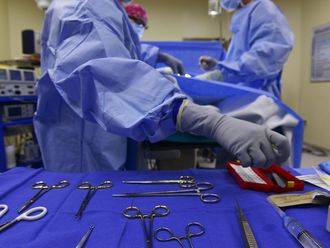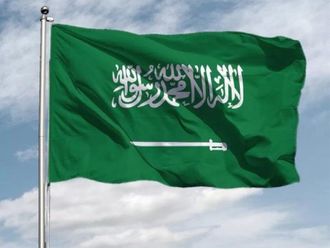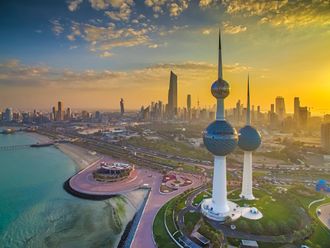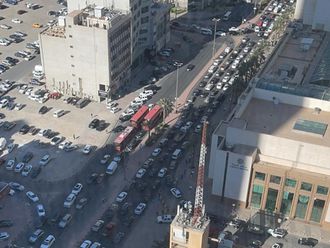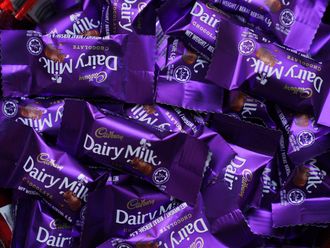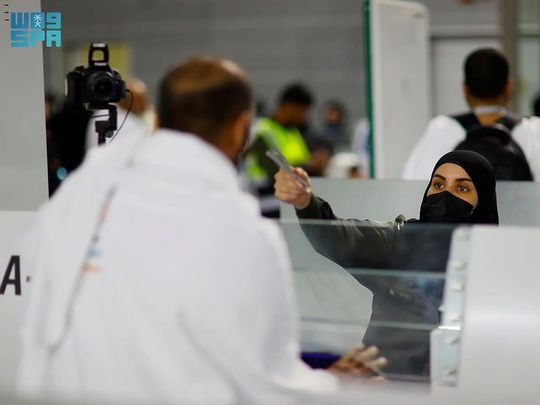
Cairo: Saudi authorities have maximised their efforts to ensure that an influx of pilgrims, who are congregating in the kingdom for next month’s annual Islamic Hajj pilgrims, will perform rites with ease and safety.
As part of efforts to protect the pilgrims’ well-being, the Saudi Ministry of Hajj has offered a set of advice to head off food poisoning during the holy journey. To this end, the ministry has advised pilgrims against storing food for a long time, or eating exposed or non-washed food, or if it looks or smells differently from the normal.
In addition, the ministry has urged pilgrims to properly deal with their medications. The faithful are, accordingly, recommended to keep their medications in designated cabins and separate them from those of others. Moreover, the ministry has advised that the doctor on duty during the journey should be keep informed of the health condition of the pilgrim if he/she is ill.
Saudi authorities have urged pilgrims, who are suffering from chronic diseases, to bring in their medical documents while travelling to the kingdom. The Ministry of Hajj said the procedure is necessary to give them access to medical treatment.
“If you are suffering from an illness that needs special medical treatment, and use specific medicines and compound medical equipment, don’t forget to bring your medical documents in order to get care and facilitate your journey on arrival and departure,” the ministry said, addressing those pilgrims.
Overseas pilgrims are also required to get the Neisseria meningitidis vaccine administered prior to their arrival and verified by a certificate from their respective home countries.
They must also be vaccinated against polio, COVID-19 and seasonal flu.
Hajj is one of Islam’s five obligatory duties. Muslims, who can physically and financially afford Hajj, have to perform it at least once in a lifetime.


